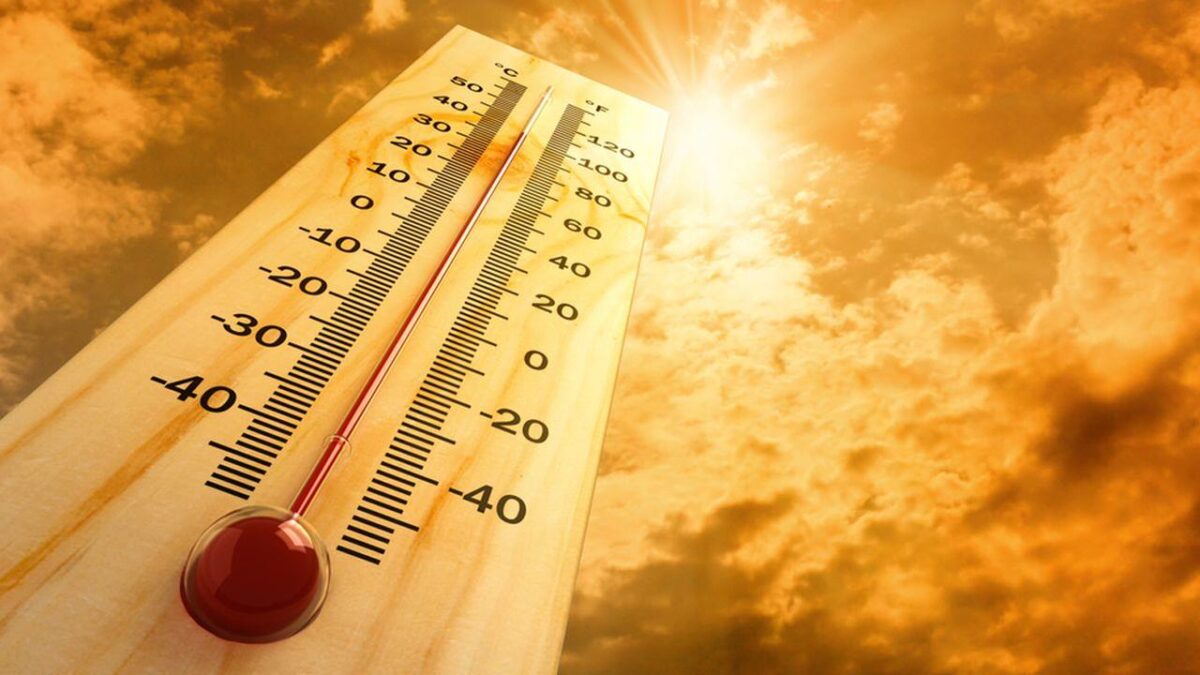When it feels like an oven outside, you know it’s too hot. The extreme heat that will descend on Middle Tennessee this week is also very dangerous.
Everyone’s at risk when temperatures rise above 90 degrees, but the elderly are most susceptible to heat-related illness and death.
You can help by checking on friends and family in your community who live alone and have a chronic illness or reduced mobility and offering to drive them to an air conditioned location, if needed. It’s a great way to let those people know that someone is looking out for them.
A good rule of thumb is to reach out whenever a heat advisory or heat warning is issued or in the case of an unplanned power outage. If someone appears to shows signs of having a heat-related illness, call 911 or take them to the closest emergency room.
Symptoms to look for:
- High body temperature (103°F or higher)
- Warm, dry skin or pale, clammy skin
- Rapid heart rate
- Headache
- Dizziness
- Confusion
- Fainting
- Fatigue
- Muscle or abdominal cramps|
- Nausea, vomiting or diarrhea
Air conditioning is the strongest protection against heat-related illness. If there’s no A/C at home, consider visiting a shopping mall or public library for a few hours, and don’t forget to drink plenty of water. Cooling centers may also be available throughout the community.
You can also reduce the amount of energy usage and heat inside your home with these easy-to-follow tips:
- Set your thermostat no lower than 78 degrees. Use ceiling fans to keep air flowing when you’re at home and to reduce the feels-like temperature when you’re in a room.
- Remember to turn a fan off when you leave the room. Fans cool people, not rooms.
- Put off chores that involve electric appliances, such as dishwashing and laundry, during peak power times (10 a.m. – 8 p.m.).
- Use the microwave instead of the oven for cooking your meals.
- Turn off lights when you leave the room and unplug unused electronics.
- Keep garage doors closed as much as possible. This will help slow hot air from trickling into your home.
- Keep curtains and blinds closed on the sunny side of your home to block out some of the heat, while opening blinds on the shady side to provide natural lighting without raising the temperature.
Tags:
